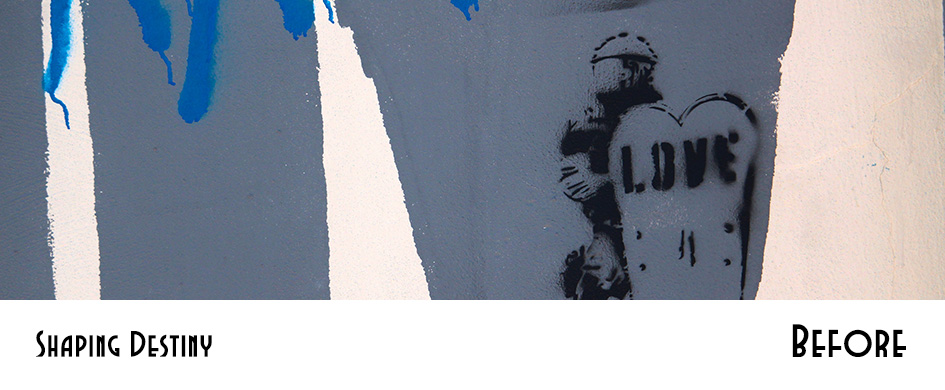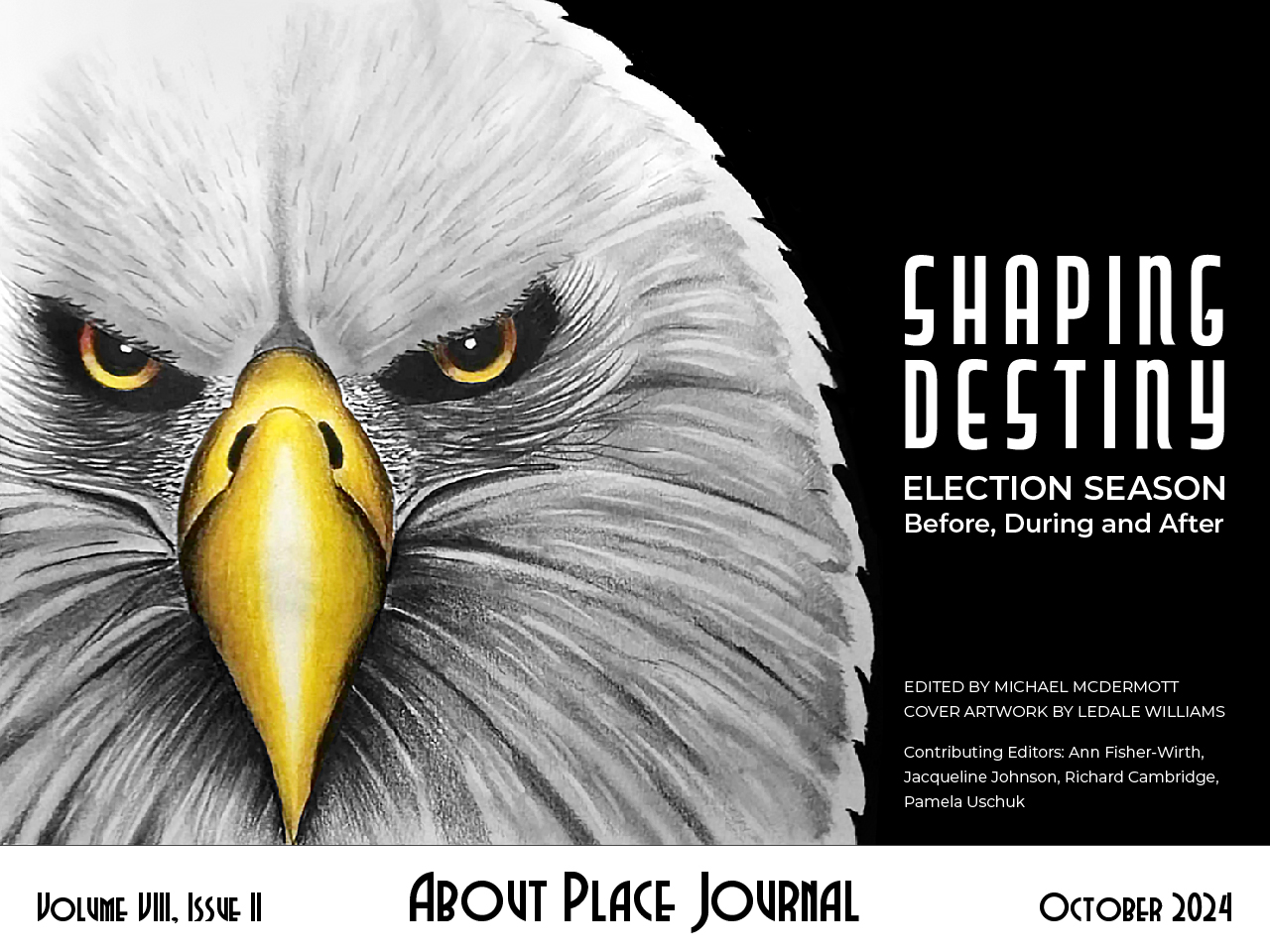In May 2023 a New York federal court found the former President Donald Trump liable for sexually abusing Elle advice columnist E. Jean Carroll. A civil jury awarded her $5 million for battery and defamation, including punitive damages. Carroll alleged that Trump raped her in a Manhattan department store dressing room in the mid-1990s. During that era I was in my mid-twenties, embracing the third-wave feminist movement arising on the heels of Anita Hill. I taught women’s self-defense classes and spoke out at Take Back The Night rallies. It was pre-MeToo, but dozens of T-shirts hung from a Clothesline Project, each one commemorating someone who had experienced or witnessed sexual or domestic violence, with phrases like “Nobody believed me” and “I thought family was supposed to protect each other.” I heard hundreds, maybe thousands, of accounts like Carroll’s while working as an advocate, educator, and crisis line counselor for several years at a rape crisis center. So I didn’t find it unfathomable that the billionaire real estate mogul could corner Carroll in the lingerie section of Bergdorf Goodman, located across the street from Trump Tower. Yet he denied it, even denied knowing who she was. Using a CNN Town Hall to ridicule her, he called her “a wack job.” Even after a federal judge in February 2024 ordered Trump to pay Carroll another $83.3 million in damages for defaming her—following the publication of her 2019 memoir, What Do We Need Men For? A Modest Proposal, in which she details the encounter among a lifetime of assaults—Trump continued to discredit her and diminish her claims, calling it a fake story.
Why had it taken her decades to come forward? According to an AP news report: “Carroll said she kept silent for fear Trump would retaliate, out of shame and because she worried that people would see her as somewhat responsible for being attacked.” For all of those reasons and more, it’s not uncommon to disclose, or recall, a violation for the first time—to the cops, the courts, even the crisis line—years after it occurred. Carroll was not alone. She joined the ranks of 21 other women who cited incidents of unwanted sexual advances from the Republican 2024 presidential nominee: Nonconsensual kisses. Looking up skirts. Walking in on women dressing. Shoving against walls. Lurid comments. Groping. Grabbing.
Just a few days after the first verdict, I read my prose poem “There Was A Man Who” aloud at a literary salon. I’d published several personal essays about the impact of gender-based violence, but I had never shared this particular litany: an accumulation of macroaggressions performed by men. Each oft-dismissed incident (including demeaning remarks) is delivered in a flash, like a compressed version of Carroll’s 21 “Most Hideous Men of My Life List,” which frames her memoir.
When I rehearsed my reading with a few writers on Zoom, my heart raced. I could hardly catch my breath. They reassured me that I didn’t sound nervous. But when I watched the recording I heard the hesitation in my voice, held back with its lack of emphasis on particular words. Like prick or punch or once. Worried about the too-muchness of my material, I was afraid of assaulting my captive audience with its quick pacing—a snowball careening without pause. So I prefaced the piece at the live event with a caution, a trigger warning to shield listeners from its intensity. Several women came up to me afterward, of course, with supportive comments in a kind of #MeToo camaraderie, some of them sharing my concern that their own stories, too, might be too hard to hear.
The same year Carroll’s book appeared, Chanel Miller published Know My Name: A Memoir following the criminal trial of Stanford University swimmer Brock Turner, who was convicted of three felony counts yet sentenced to six months (and served only three) in county jail for finger-raping her on campus while she lay behind a dumpster, unconscious. More than 15 million people viewed her victim impact statement online within a week of it going viral under the pseudonym Emily Doe. Yet in her memoir Miller explains how she’d struggled with how much to share her story outside of court proceedings: “… because I do not want to upset anybody or spoil the mood. Because I want to preserve your comfort. Because I have been told that what I have to say is too dark, too upsetting, too targeting, too triggering, let’s tone it down.”
Do rapists worry themselves with such concerns? When he accused Carroll of making false allegations against him for the sake of publicity, Trump pointed to “what happened to Justice Kavanaugh” as further evidence of the witch hunt against him and his cronies. Do Brock or Brett or Donald ever fret over the lasting impact of their actions?
According to the United States Department of Justice, rape is the most underreported crime. DOJ 2020 statistics estimate that 110,000 women between the ages of 18 and 24 are raped in U.S. each year. According to the Rape, Abuse, and Incest National Network (RAINN), 40% of reported gang rapes on college campuses are committed by sports teammates. Yet a 2014 DOJ report states as few as 6% of convicted rapists get any jail time. I’d like to posit that eradicating, or even drastically reducing, those numbers could make America great(er). But if a former president convicted of 34 felonies reclaims the White House, there’s no question these individual and collective assaults on women and marginalized populations will only escalate with such a cavalier Commander in Chief at the helm.
It’s no wonder so many survivors hold back, if they speak (or write) their stories at all. And so we must continue telling—and keep telling until someone listens, just like I repeated all those years ago while delivering abuse prevention and intervention programs in the classroom. Sharing accounts of violence aloud or in print is always a vulnerable act, measured against certain repercussions. It’s no publicity stunt. Each revelation requires us to weigh the heft of words. We might choose, as a courtesy, to alert readers or listeners as to the seriousness of our subject matter. But no one needs to apologize for it.
NOTE:
For anyone affected by sexual violence: the Rape, Abuse, & Incest National Network’s (RAINN) National Sexual Assault Hotline is available by phone at 800.656.HOPE (4673) or online at https://hotline.rainn.org/online in both English and Spanish (rainn.org/es). The chat has a quick exit feature that provides immediate protections during its use. RAINN’s hotline services are free, confidential, anonymous, and available 24/7.


